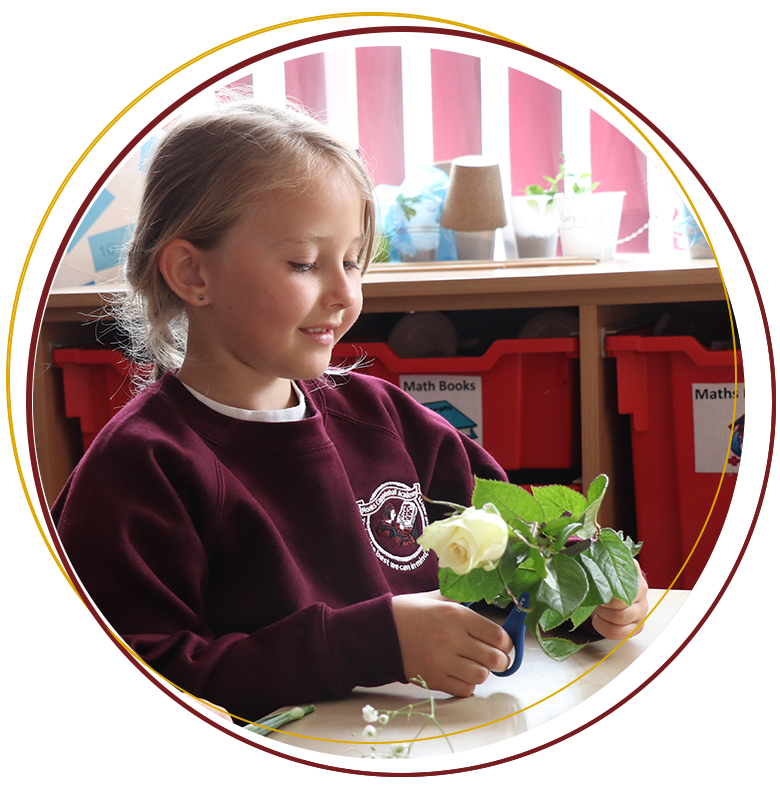Maths
Intent
At Monks Coppenhall Academy, we embrace a Mastery Curriculum in our mathematics teaching through our use of White Rose resources. Children are encouraged to use mathematics with confidence, understanding and fluency. A greater amount of time is spent studying particular areas/concepts as
opposed to quickly moving through the curriculum and the year group objectives. Knowledge in mathematics is distinguished as substantive and disciplinary.
Substantive knowledge concerns the key facts, concepts, principles and explanatory frameworks in a subject.
At Monks Coppenhall Academy, we support learning of substantive knowledge through Numbots (number facts, addition and subtraction) and Times Tables Rockstars (multiplication and division). Children are given access to these resources from year 1, when appropriate teaching has been delivered. We also
use the Mastering Number Programme to further develop number fact fluency, which has been developed by the Maths Hub in Reception and Key Stage 1.
Disciplinary knowledge is needed in order to think, process and understand the subject. We use the White Rose small step approach across the Academy to ensure continuity and inclusion for all pupils. Disciplinary knowledge is divided into small steps that progress throughout the year and between year groups. The small step approach is designed to ensure our children will re-visit concepts multiple times both within the study of the same area of mathematics and in other areas. This will deepen their understanding through this re-visiting and multi-contextual approach. Research by the National Centre for Excellence in the
Teaching of Mathematics (NCTEM) found that effective learning occurs when children are exposed to the same topic, theme or idea multiple times.
Furthermore, they concluded that children do not master ideas on their first exposure, which is supported by Rosenshine, who suggested that the brain acquires and uses new information more readily through small steps of learning. As an Academy, we have high expectations for all children to reach their full potential. We believe that all children should be given the opportunity to become fluent in mathematics and to reason and problem solve efficiently. We do this by using the Concrete, Pictorial, Abstract (CPA) approach, which is based on research by Jerome Bruner and is a key part of White Rose Maths. The children are exposed to carefully crafted questions, activities and a wide range of manipulatives to accomplish this. We strive to ensure that the whole class moves through the same content and differentiate through pace, support and resources rather than skill of questions. The CPA approach is used to tailor work to individual
learners, whilst also creating deep and sustainable learning. The Concrete stage uses actual items (e.g. fruit) to show the problem and progresses to abstract manipulatives (e.g. counters, dienes). The Pictorial stage refers to pictures of the concrete resources and models (e.g. bar models, part-whole models). The
Abstract stage refers to the symbolic representations of numbers and signs. To reach this level, children need a solid understanding of Concrete and Pictorial resources. Children can move back and forth between the stages to support their knowledge and understanding across the topics.

